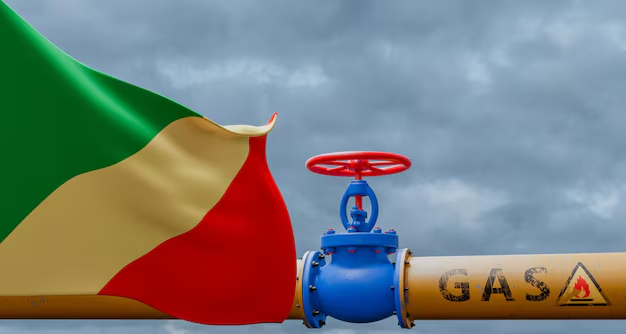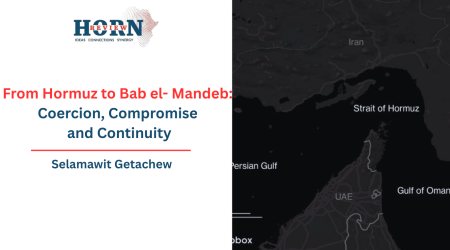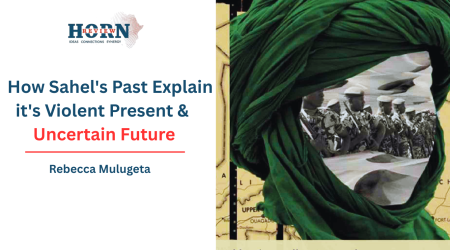
12
Jun
The Congo Pipeline: A Reflection on Power, Partnership, and Development
News of large-scale infrastructure deals in Africa often elicits a complex mix of anticipation and skepticism. The recent ratification of an energy agreement between the Russian Federation and the Republic of the Congo is no exception. On the surface, it promises progress: a 455-kilometer petroleum pipeline connecting Pointe-Noire to Tréchot, ushering in hopes of energy security, employment, and regional economic integration. For Russia, the project is another step in diversifying its global energy footprint, providing an alternative transport channel less vulnerable to external sanctions. For Congo, it is framed as an investment in national infrastructure and a gateway to greater regional relevance.
Yet, behind the official rhetoric, this agreement raises important questions about balance, agency, and long-term benefit. At its core is an equity structure that appears notably asymmetrical. The Russian firm Zakneftegazstroy-Prometei is set to hold a 90% stake in the project, leaving Congo’s state oil company, SNPC, with just 10%. This distribution seems incongruent with the realities on the ground: the pipeline runs through Congolese territory, relies on Congolese labor and land, and grants access to domestic and regional markets with an annual fuel value exceeding $200 million. While Russia brings financing and technical expertise – significant contributions, to be sure – the terms appear to undervalue Congo’s tangible assets and long-term exposure.
Similar projects elsewhere in the world often feature more balanced structures, with host countries receiving larger equity shares or at least more robust guarantees of future participation. Even in some Russian-led initiatives, host governments have secured 25-35% ownership. In Guinea’s Simandou project, the state holds a 15% stake in associated infrastructure. Such comparisons place the Congo-Russia arrangement in stark relief, raising concerns about whether the deal sufficiently reflects mutual interest or if it leans too heavily toward external control.
The financial returns forecast for Congo further compound these concerns. Over a 25-year Build-Own-Operate-Transfer (BOOT) period, national revenue from the pipeline is projected to reach only around $112 million – barely $4.5 million annually. By contrast, a more equitable share could have yielded several times that amount. The inclusion of guaranteed tariffs, designed to protect investor profitability, risks prioritizing foreign returns while offering minimal fiscal uplift to the Congolese treasury.
Moreover, the agreement appears to be silent on key developmental provisions. There are no publicly available commitments to technology transfer, skills development, or local content guarantees that would empower Congolese professionals to eventually manage and maintain the infrastructure. Instead, the risk is that control – technical, operational, and even legal – remains outside national hands for a generation. The chosen arbitration venue, the Dubai International Arbitration Centre, and its procedures – deferred to the Russian partner’s preference – further complicate the question of sovereignty and legal recourse.
In this context, the project’s strategic dimension becomes difficult to ignore. Russian officials have openly described the pipeline as a mechanism for circumventing international sanctions and securing Moscow’s access to African markets. While strategic diversification is a legitimate objective for any nation, its pursuit in partnerships with developing countries requires careful calibration to avoid reproducing historic patterns of asymmetry and dependency. Africa’s natural wealth has too often been leveraged for external benefit under the guise of mutual advancement.
Still, this is not an indictment of Russian engagement alone. Similar dynamics play out across the continent with other global actors. Agreements signed with Turkey, China, the Gulf states, and Western powers often reflect a similar pattern: valuable national assets traded for short-term gains, with limited attention to long-term institutional capacity or shared control. The difference lies not in the identity of the partner but in the structure of the partnership – and whether the host country negotiates from a position of strength, with transparency, and in alignment with its broader development agenda.
Congo’s history of resource extraction, like that of many African states, is marked by cycles of promise and disappointment. Natural wealth has not consistently translated into durable institutions, diversified economies, or improved living standards. This new pipeline project risks continuing that trend unless significant steps are taken to ensure national benefit, institutional accountability, and local empowerment.
Ultimately, infrastructure is not inherently transformative. It becomes so only when built on foundations of equity, shared knowledge, and genuine collaboration. Partnerships, to be meaningful, must extend beyond ribbon-cuttings and ceremonial agreements – they must reflect a shared commitment to the future. If African nations are to truly harness their resources for development, they must insist on deals that treat them not merely as hosts, but as equal stakeholders.
By Tsega’ab Amare,Researcher,Horn Review










